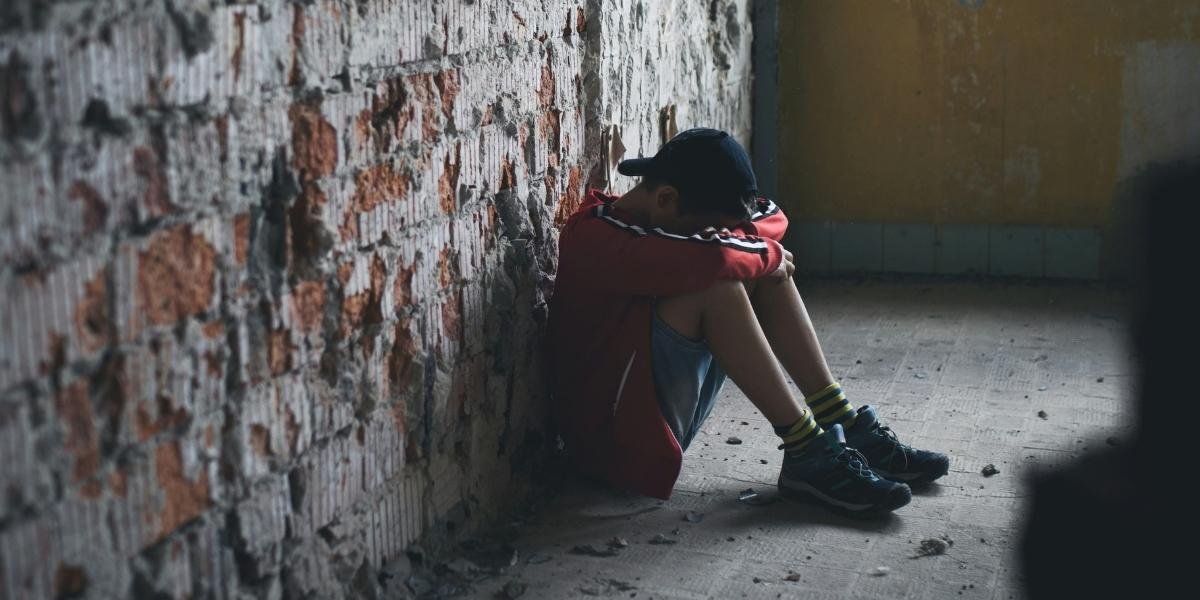Youth sports can be a force for good – teaching teamwork, dedication, and the thrill of healthy competition. But there’s a darker side that lurks beneath the surface. From parents behaving badly on the sidelines to kids burning out before they hit high school, it turns out, not everything about youth sports is good for our children.
You’ve seen them… the parents who scream at refs, berate their own child for missing a shot, or get into heated arguments with other parents in the stands. Unfortunately, these overly-invested moms and dads aren’t just a sitcom cliche.
“Overzealous parents have become a major problem in youth sports,” says a youth sports coach with decades of experience. “They turn what should be a fun experience for their child into a pressure cooker of their own anxieties and unfulfilled athletic dreams.”
This toxic behavior doesn’t just embarrass the kids; it can have lasting consequences. Children might become overly hesitant to take risks on the field for fear of disappointing their parent, their love for the sport diminishes, and in extreme cases, the negative experience can sour their relationship with their parents entirely.
Burnout: When Too Much Is Too Much
That 8-year-old playing competitive soccer year-round? The middle schooler with grueling early morning swim practices and weekend tournaments that require hours of travel? They might be headed for burnout.
With the rise of travel leagues and the growing pressure to specialize in one sport early on, many kids are exposed to a level of intensity that isn’t developmentally appropriate. When sports become a relentless grind, injuries increase, the fun vanishes, and the risk of quitting the sport altogether skyrockets.
“We’re seeing an alarming rise in overuse injuries and mental burnout among young athletes,” cautions a pediatric sports medicine specialist. “Kids need time to rest, to play other sports, or just hang out with their friends to be well-rounded kids.”
Sadly, access to quality youth sports programs often depends on your zip code and family income. Kids in well-off areas may have access to top-notch facilities, expensive private coaching, and travel leagues that significantly increase their exposure. Meanwhile, children in low-income areas might have outdated facilities, fewer program options, and parents struggling to cover equipment costs and transportation.
“The socioeconomic gap in youth sports is real and growing,” points out a youth sports equity advocate. “This creates an unfair system where a child’s athletic potential is often determined by their family’s bank account, not their innate talent.”
Can Youth Sports Be Fixed? Potential Solutions
Fixing youth sports won’t happen overnight, but it starts with shifting some deep-rooted mindsets. Mandatory parent workshops might sound extreme, but frankly, many sports leagues desperately need them. These workshops would educate parents about what is developmentally appropriate for kids of different ages, the dangers of pushing too hard, and how their reactions from the sidelines directly impact their child’s enjoyment of the sport.
Coaches play a crucial role in shaping the youth sports experience. We need more coaches focused on long-term development over short-term victories, especially when dealing with kids whose bodies and minds are still growing. This means instilling a love of the game, teaching good sportsmanship, and knowing when to push and when to back off to avoid injury and burnout. “A good youth coach can have a life-changing impact, a bad one can turn a kid off sports for good,” says a former competitive athlete.
We need to break the mindset that kids have to pick one sport and stick with it year-round from the age of 8. Encouraging kids to play multiple sports keeps things fun, develops a wider array of athletic skills, and helps prevent those overuse injuries that can plague single-sport athletes. It’s okay for your kid to dabble in basketball, try a season of track, or do gymnastics for a few years.
“The purpose of youth sports should be to instill a lifelong love of physical activity, teach valuable life skills, and help kids build healthy bodies and minds,” says an experienced youth sports administrator. “We need to keep that as the main goal, not chasing college scholarships or unrealistic professional dreams.”








